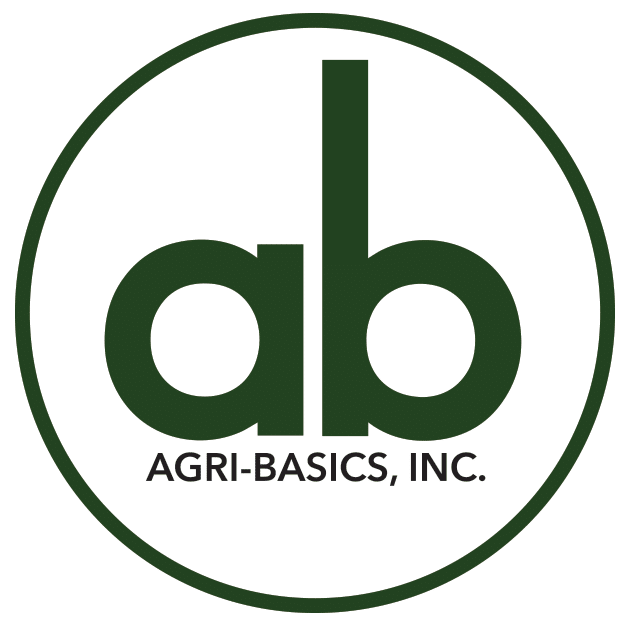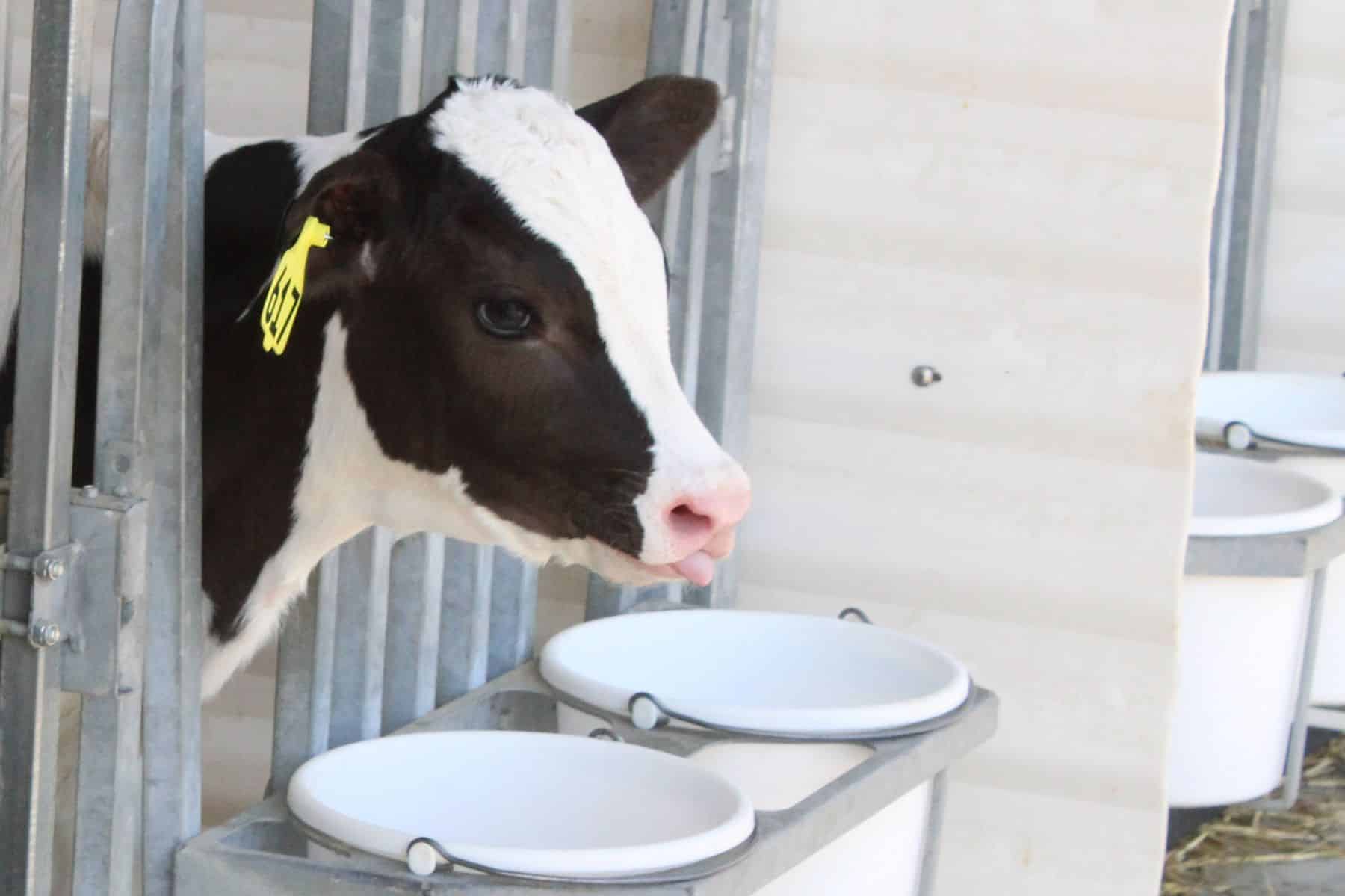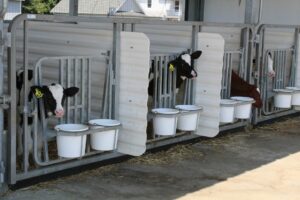Too little – or too much – of a good thing is never good. Amino acids are a case in point. Having all of the requisite amino acids present in a cow’s diet is important…but equally important is having a good balance of amino acids available for metabolism, immunity and milk protein synthesis.
“Balancing amino acids is not a new concept. But there are new technologies emerging for balancing amino acids better,” says James Drackley, professor of animal sciences at the University of Illinois-Urbana.
Balancing amino acids is vital in all cow diets but may show additional positive effects in transition cows. Methionine is one such limiting and essential amino acid that participates in methylating reactions. It is important for gluconeogenesis, the cow’s immune function, and her milk protein synthesis. Methionine is also instrumental in the formation of the non-essential amino acid cysteine…necessary for milk protein synthesis and for immune system antioxidants.
When methionine is lacking, cysteine becomes partially essential, and the animal begins to suffer from oxidative stress, inflammation and immunosuppression.
Drackley says producers should focus on bringing their lysine and methionine into better balance. “These are the most important amino acids for better use of metabolizable protein,” he says.
Drackley’s collaborative studies with Juan Loor, associate professor of animal sciences at Illinois, focus on mechanisms of metabolic adaptation from gestation to lactation in dairy cows. Typically, a producer should shoot for about a 3:1 ratio, or slightly less, of lysine to methionin. Illinois researchers found that most dairy diets across the North and Midwest tend to show lysine is higher in that ratio. “That’s why it is beneficial to add supplemental methionine,” he explains.
“We are pretty excited about the potential for this for better transitions,” he continues. Treatments in their project started 21 days before freshening and continued through 30 days in milk. In the Illinois study, Smartamine or MetaSmart were examined. They looked at a pre-fresh group and fresh cows.
The pre-calving study animals got roughly 5 grams of supplemental methionine and 10-15 grams in the fresh group.
“We saw an increase in milk production and in milk protein and improvements in markers of metabolism and body reserves,” Drackley says.
Amino acid requirements are calculated on the metabolic needs for milk production, reproduction, skin health, fecal/urinary metabolism, growth, and reserves. On a cellular level, nutrition models must account for the amino acid requirements for the immune system, synthesis of non-essential amino acids, formation of metabolic pathway components, gluconeogenesis, and milk synthesis.
Cows in transition are at highest risk for many diseases due to the steep acceleration of milk yield, peak increases in blood NEFA, decreases in intake, and subsequently, a negative energy balance. During accelerated increases in milk production, the udder relies heavily on methionine for the production of milk proteins, while the liver and immune systems require increased amounts of methionine to keep up with metabolic demands.
Supplementing and balancing the transition cow diet with methionine can alleviate methionine deficiency during transition. Supplemental methionine in a transition cow’s diet enhances liver metabolism of dietary energy sources, causing stimulated secretion of very low density lipoproteins. VLDLs are as an efficient source of energy to the cow while the incidence of fatty liver and blood NEFA decreases. A decrease in NEFA usually increases dry matter intake, creating a positive cycle during the stressful time of transition.
“The overall effect of met supplementation to peripartal cows is encouraging but more conclusive evidence would require increased sample size,” the Illinois research said. “Bottom line message is that producers should talk and work with their nutritionist in this area. The information we are gathering shows a wide range of positive effects.”




